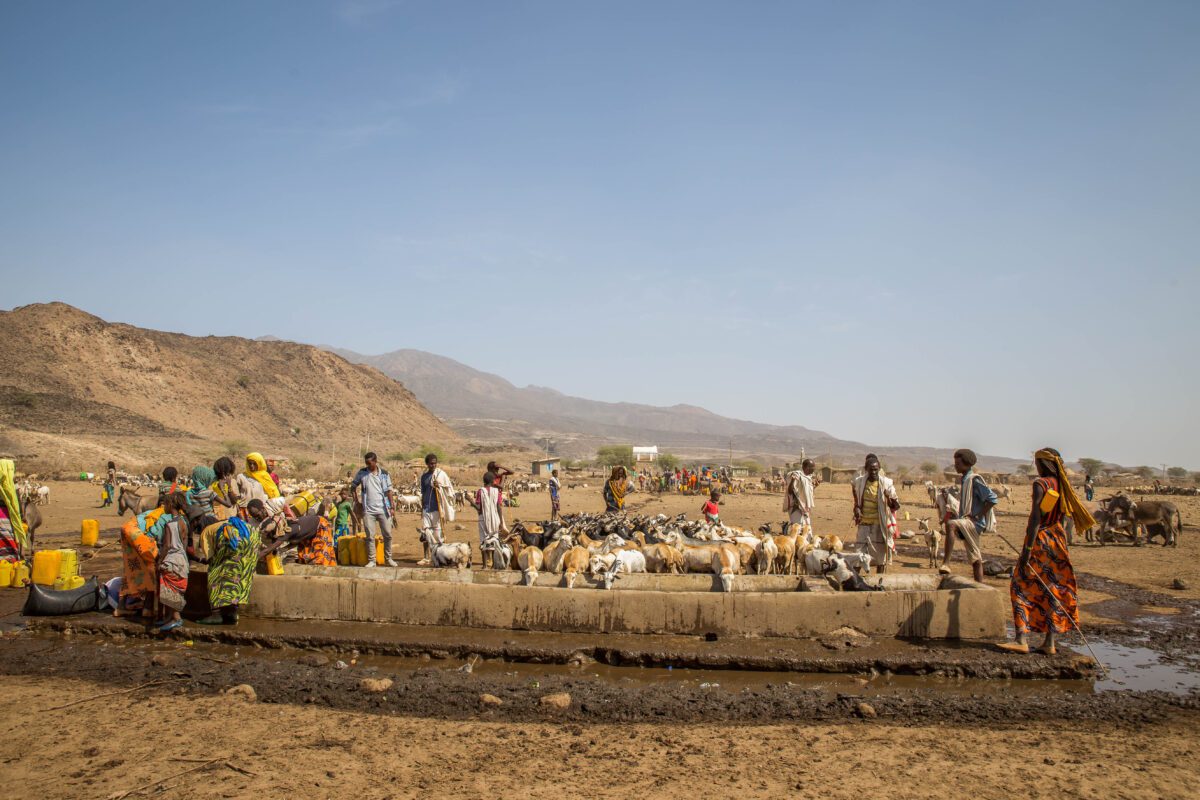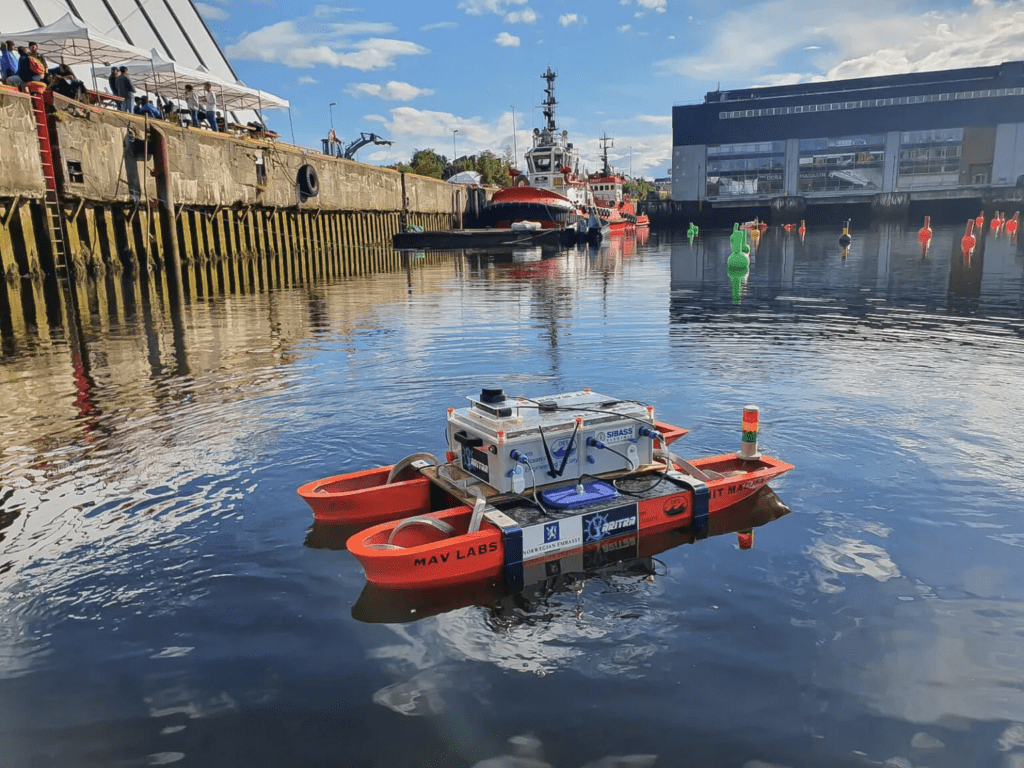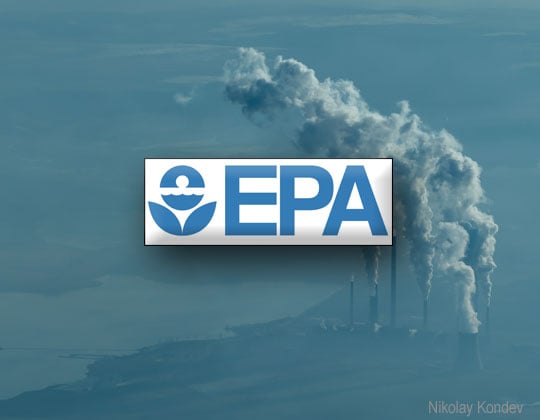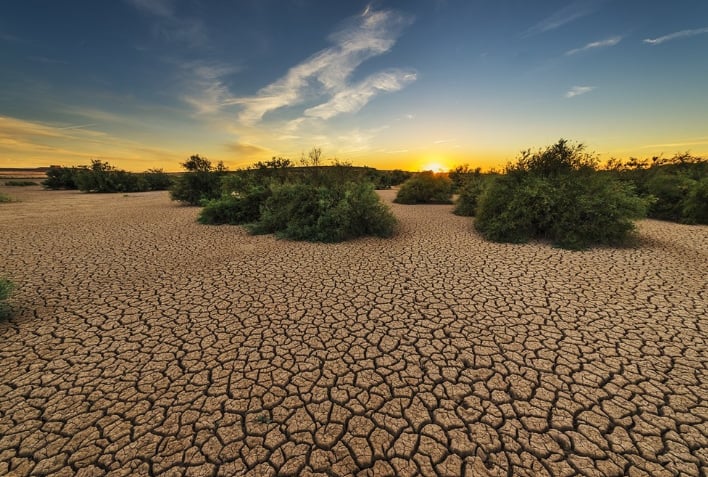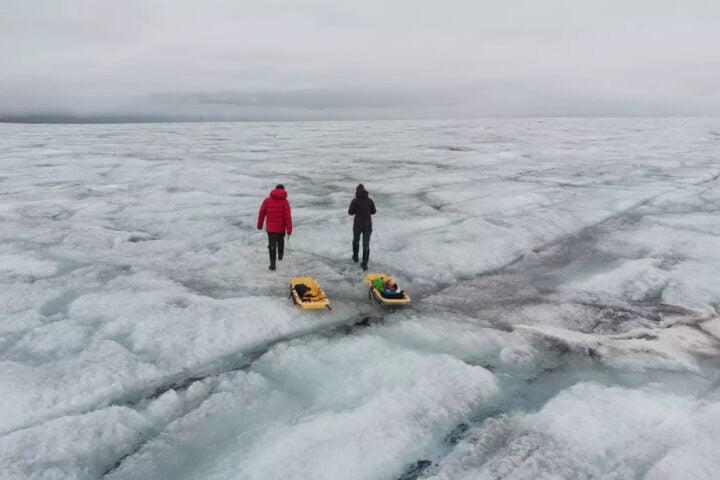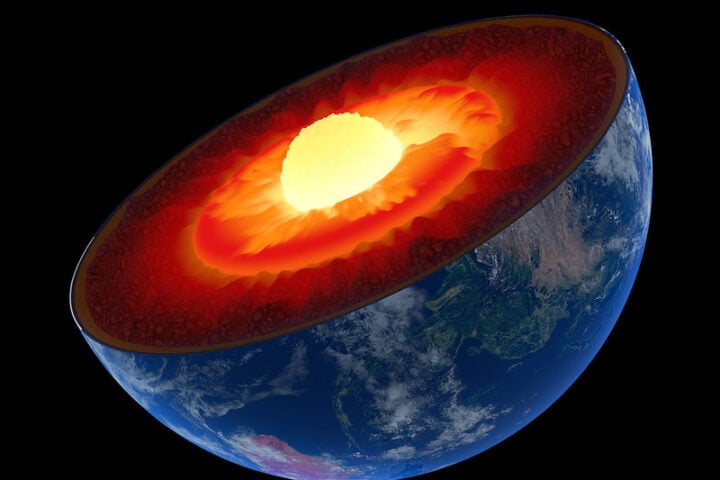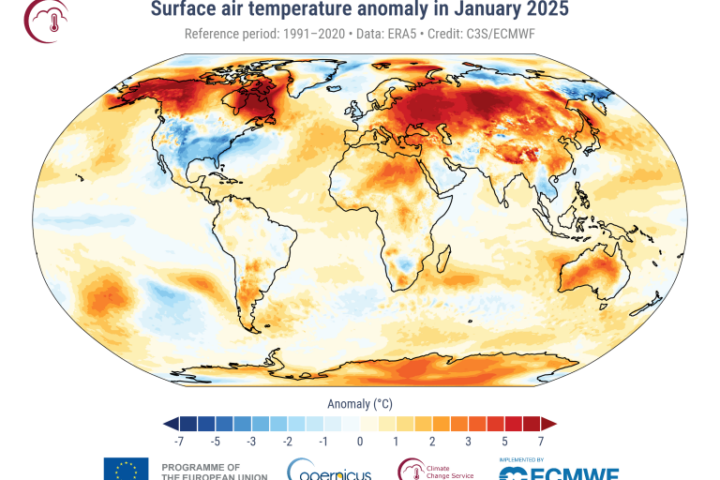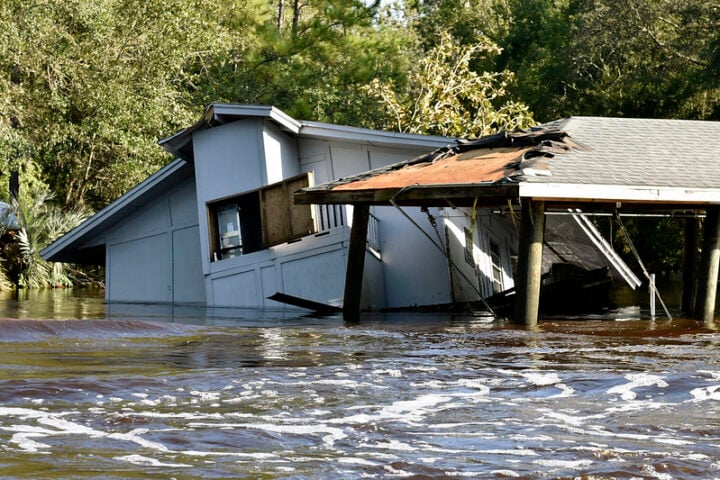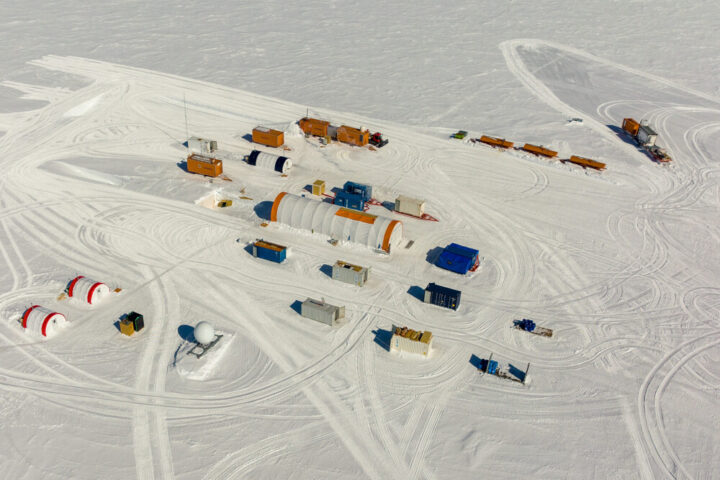No longer a distant threat, climate change is a present crisis with dire consequences for humanity. A staggering increase in human deaths is revealed by recent studies, directly linked to the escalating effects of climate change. Joshua Pierce of Western University says it is likely mainly richer humans will be responsible for the death of roughly one billion mainly poorer humans over the next century. Dr. Pierce, also the lead author of the study, warns, “Such mass deaths are clearly unacceptable. It is pretty scary really, especially for our children.”
Urban Heat and Vulnerable Populations The urban heat island effect intensifies the heat in cities, making them deadly hotspots for vulnerable populations. Climate change-induced natural disasters, like hurricanes & wildfires, can cripple traditional energy grids. Decentralised energy systems, powered by renewables, can offer resilience against such catastrophic events.
The Energy Sector’s Role A pivotal role is played by the energy sector in both exacerbating & mitigating the impacts of climate change. Global energy needs are rising fast, and using fossil fuels will speed up our planet’s damage. The oil & gas sector, comprising major businesses, contributes to over 40% of carbon emissions, affecting billions, especially in remote & under-resourced areas. The study suggests strong energy policies for rapid carbon reduction & urges increased action from governments, businesses, & citizens to decarbonize the economy & reduce projected human deaths.
Challenges in Transitioning to Green Energy The transition to green energy, however, is not without challenges, as highlighted in the MDPI research paper. Pearce said, “Energy numbers like megawatts mean something to energy engineers like me, but not to most people. Most people don’t understand what “parts per million of carbon dioxide” means when climate scientists mention it. A few degrees of average temperature rise are not intuitive either. Body count, however, is something we all understand.” The MDPI paper also delves deep into the intricacies of energy storage, shedding light on potential breakthroughs. Advanced battery technologies, such as solid-state & flow batteries, show promise in addressing storage challenges.
Economic Implications and Global Collaboration The economic implications of climate change are profound, with potential losses in trillions. The global community must unite in its efforts, transcending political & geographical boundaries. Climate change is an indiscriminate killer, affecting rich and poor nations alike. The research undertaken by MDPI underscores the importance of international collaboration in advancing renewable energy solutions. Public awareness and education are vital in driving grassroots movements for climate action. Governments worldwide need to prioritize climate change mitigation in their policy agendas.
The Urgency of Action “To be clear, predicting the future accurately is hard. The 1000-ton rule is only an order of magnitude best estimate. The number of caused deaths will likely lie between a tenth of a person and 10 people per 1,000 tons. Regardless, the bottom line that we need to act fast is still crystal clear,” said Pearce. Our choices in the next ten years will impact future generations. Climate change is more than an environmental problem; it’s a big issue for humanity. The world has the knowledge & technology to combat climate change; what is lacking is the collective will. Every individual has a role to play, from reducing carbon footprints to advocating policy changes. The paper released by MDPI serves as a testament to the relentless efforts of researchers in finding sustainable energy solutions. Time is of the essence, & the clock is ticking on humanity’s window of opportunity. The study of Western University is a grim reminder of the tangible impacts of climate change on human lives.
A Call to Action Dr. Pearce declares, “Global warming is a matter of life or death for a billion people. Almost everyone thinks every life matters, regardless of age, background, or wealth. Therefore, the energy transition will have to change much, much faster, starting now.” The onus is on global leaders to rise to the challenge & steer the world away from impending doom. Climate change skepticism is a luxury the world can no longer afford. The convergence of science, policy, & public will is the only way forward. Dr. Pearce’s words strongly urge people to recognize the seriousness of climate change. The path ahead is fraught with challenges, but with unity & determination, a sustainable future is attainable. The cost of inaction is too high, measured not just in dollars but in human lives, as the Western University research concludes.
